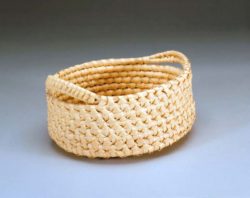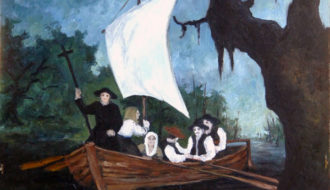
6.10 a.–b. Acadians in Colonial Louisiana
The Acadians, ancestors of present-day Cajuns, were people of French ancestry who settled in what is now Canada before migrating to Louisiana.

The Acadians, ancestors of present-day Cajuns, were people of French ancestry who settled in what is now Canada before migrating to Louisiana.
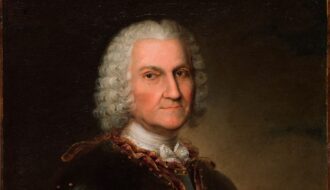
Jean-Baptiste Le Moyne, sieur de Bienville, served as governor of Louisiana and founded the city of New Orleans.
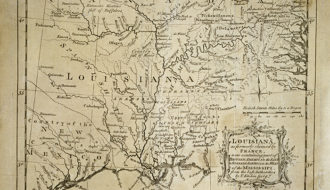
The era of French control over Louisiana was marked by many challenges, including hurricanes and conflicts with Native American groups like the Natchez.
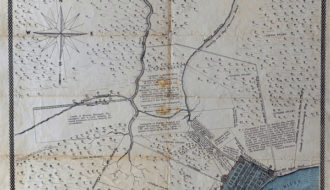
By the end of Spanish rule, Louisiana was a stable colonial outpost.
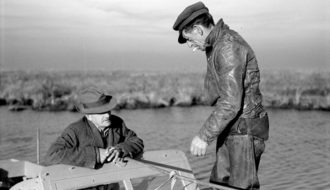
Known today as Isleños, Canary Islanders migrated to southeast Louisiana in the late eighteenth century.
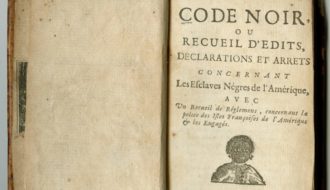
The Code Noir provided rules for how colonists treated enslaved people as well as how people of European and African ancestry interacted in French colonial Louisiana.
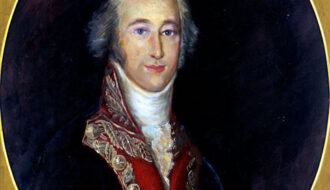
Alejandro O’Reilly served as the second Spanish governor of Louisiana from 1769 to 1770.
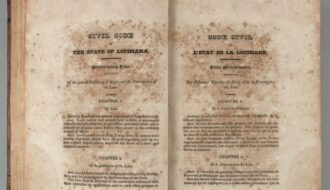
France’s Civil Code of 1804 standardized civil law and became a model legal framework around the world, including in Louisiana.
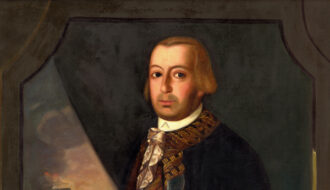
Bernardo de Gálvez, the fourth governor of Spanish Louisiana, is best known for leading Louisiana militia troops against the British during the American Revolution.
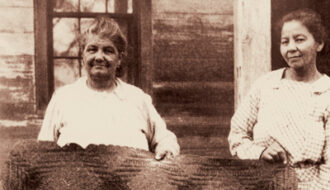
The Chitimacha Tribe is the only federally recognized tribe in Louisiana to still occupy part of its ancestral territory.
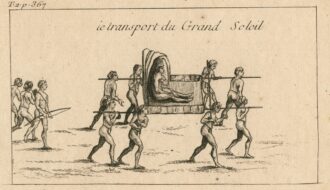
Both French and British colonists sought alliances with the Natchez Indians, an American Indian group with settlements along the Lower Mississippi River.
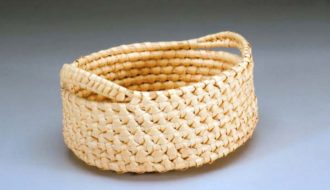
In the eighteenth century Houma people established trade and political relationships with French and Spanish colonists. In the twentieth century Houmas unified their community and successfully struggled for political recognition.
One-Year Subscription (4 issues) : $25.00
Two-Year Subscription (8 issues) : $40.00
